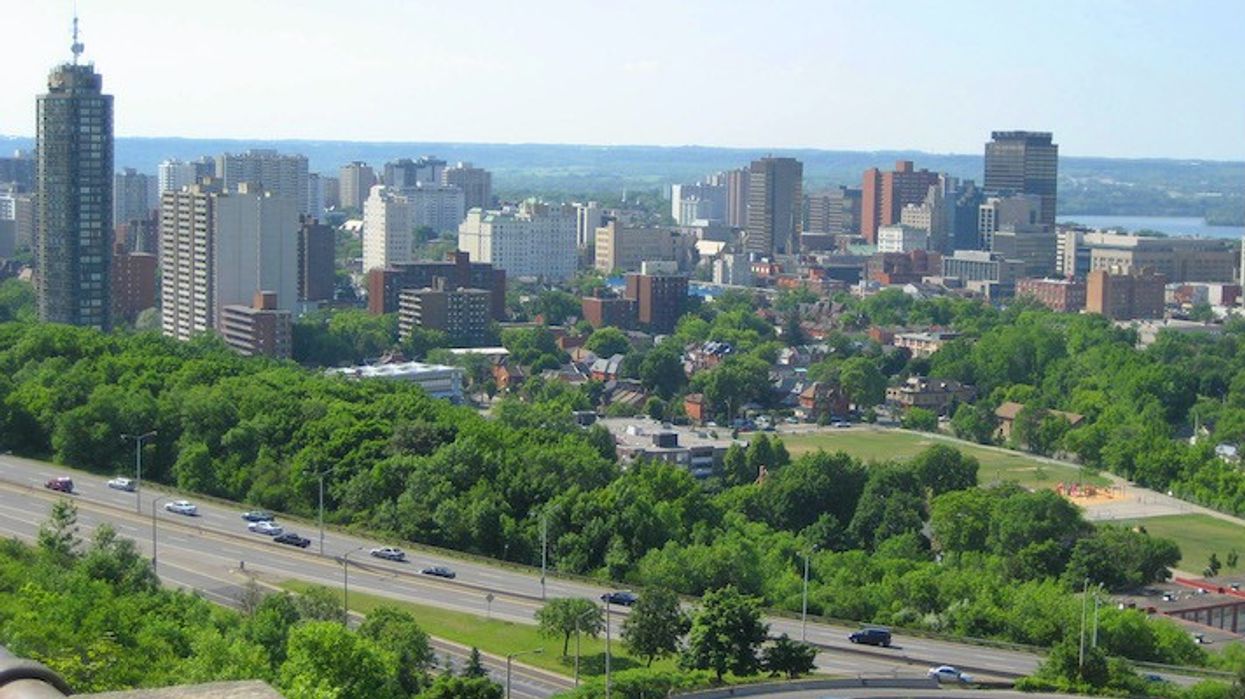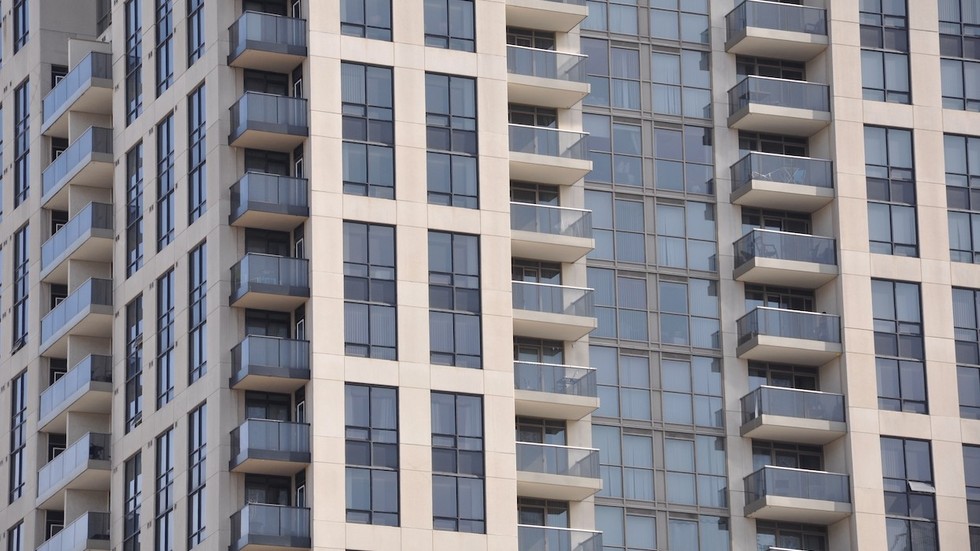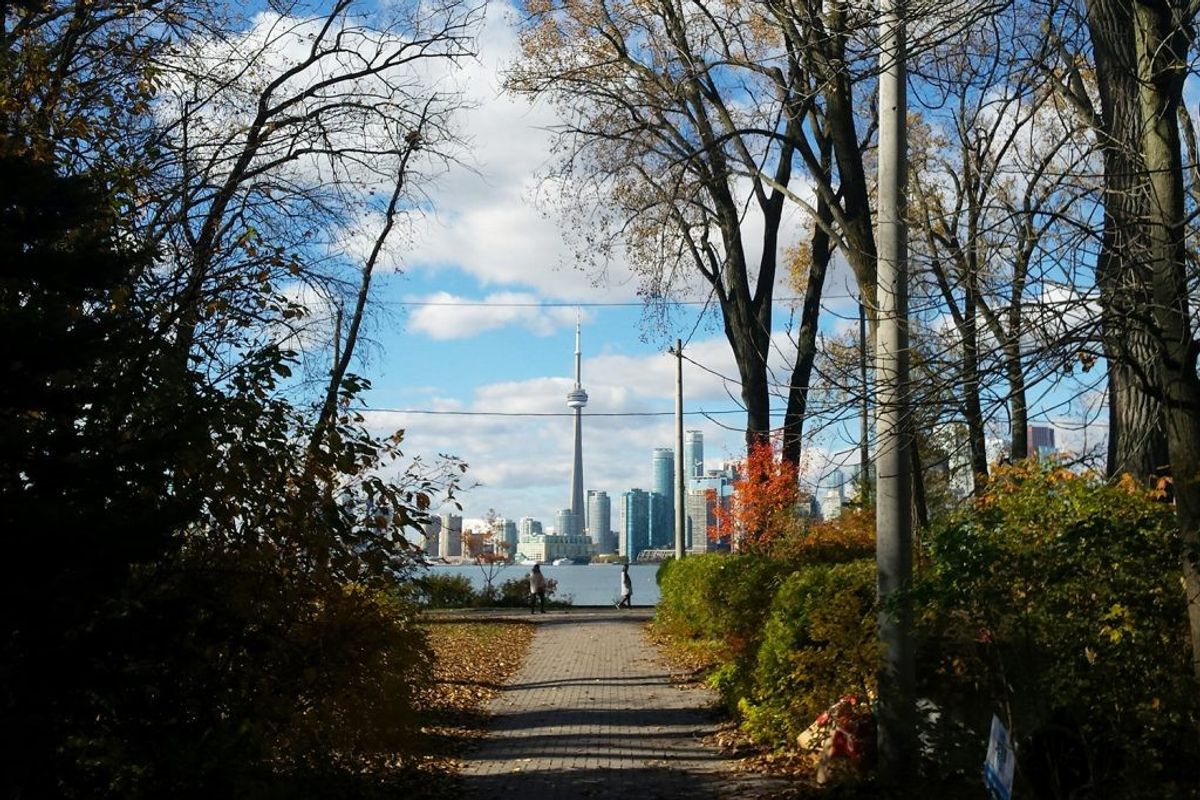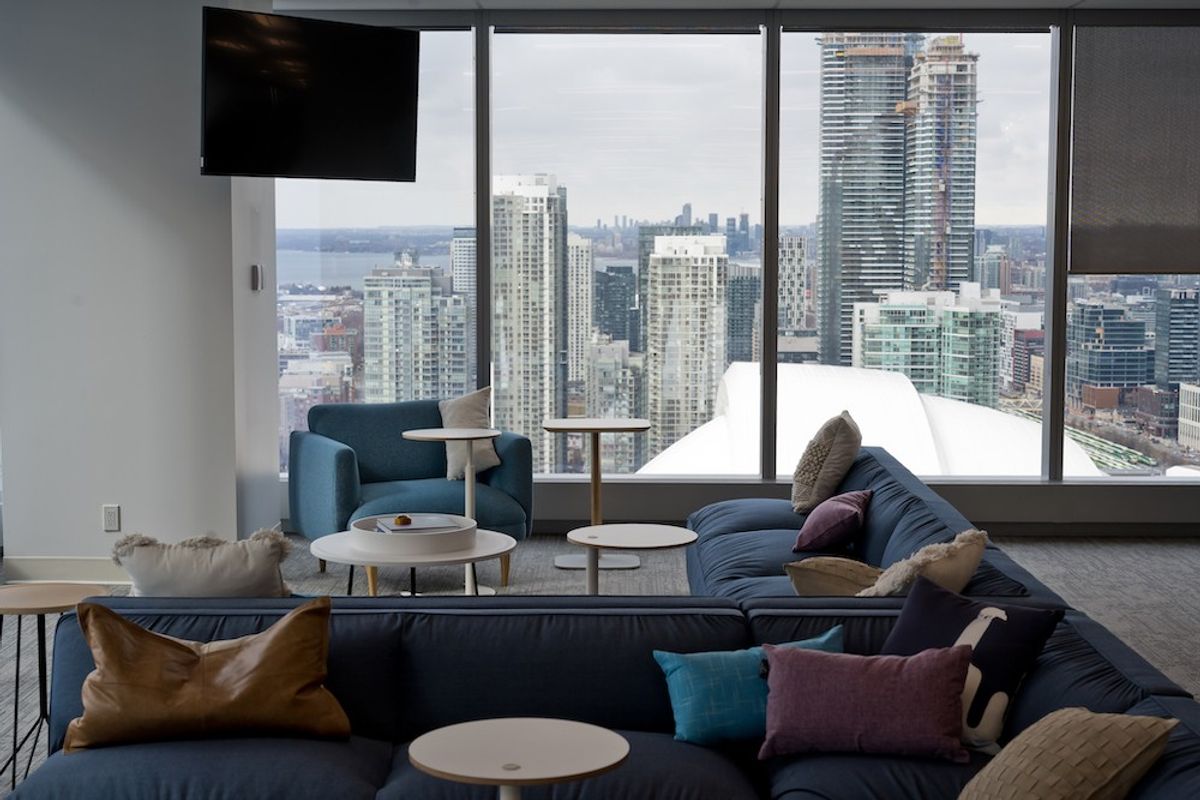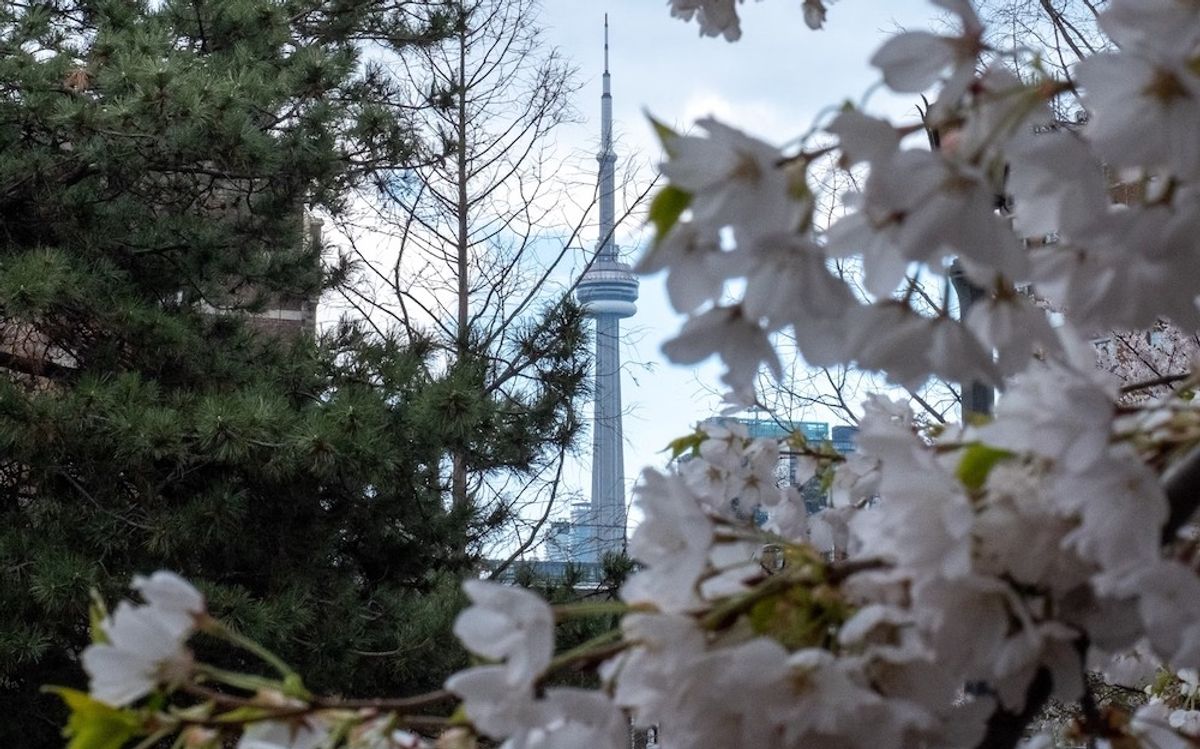For years, Hamilton always served as a great affordable alternative for homebuyers being priced out of downtown and the surrounding area.
However, in recent years, the housing market heated up and in turn, so did the demand and rising prices, and as the new year began, Hamilton was set to have a "hot" spring market, according to RE/MAX. At the end of February, the Realtors Association of Hamilton and Burlington (RAHB) reported a 25.5% spike in the number of sales year-over-year, while the average house price reached $646,667 – an increase of 15.5% compared to February of last year.
As we entered into the pre-COVID era, RE/MAX says the city's real estate market faced three dominant trends: high demand, moderating affordability, and shrinking supply.
READ: Home Prices in Toronto Could Drop More Than 14% By 2023: Report
The city firmly remains a seller's market given the growing demand, thanks to the "low unemployment rates, the lure of surrounding greenbelt and escarpment areas, the steady growth in standard of living and more recently, improved GO train access connecting to Toronto."
Due to the demand, the prices in Hamilton continue to rise, and the city is no longer as affordable as it once was. This year, the city ranked 10th out of the 16 Canadian cities featured within the RE/MAX 2020 Housing Affordability Report. However, despite this ranking, when compared to other markets within the GTA, Hamilton still does serve as a more affordable option for those wanting to buy close to Toronto.
The only issue is there's now a decline in supply, which is causing prices to increase as demand continues to build, and in turn, RE/MAX says hopeful homebuyers are now being pushed into the Niagara and St. Catharine's regions.
Toronto
Mississauga
Milton
Hamilton
Average Home Price:
$910,290
$887,218
$837,780
$646,667
Source: CREA, February 2020
As the COVID-19 pandemic unfolded and stay-at-home and social distancing measures were implemented, how the real estate industry was able to operate also changed, with agents taking alternative methods to sell their listings including virtual tours.
At the same time, the Bank of Canada responded to the virus outbreak with a series of interest rate cuts throughout the month of March, with the rate now sitting at a very low 0.25%. The big banks followed suit, and prime rates were cut, making it considerably easier for prospective buyers to not only secure a variable rate mortgage but also afford a home that may have been out of their budget pre-COVID.
READ: This is What it’s Like to Have to Move in Toronto During COVID-19
So what does this mean for the real estate market in Hamilton? RE/MAX says based on how resilient the market has been during past economic downturns, including the 2008 financial crisis and the SARS outbreak, "there remains a good deal of optimism."
While it might be challenging to predict the outcome of the virus and the overall impact on Hamilton's real estate market, RE/MAX sounds hopeful that things will return back to pre-crisis levels.
"Isolation measures and business closures are only temporary constraints until the spread of the virus has been contained. In the wake of coronavirus, employment levels should slowly start to rebound, and communities will re-emerge from their homes, into the now eerily vacant sidewalks, parks and schools," says RE/MAX.
The real estate companies believe many hopeful homebuyers will take advantage of the low-interest rates, which will help improve the demand flow in the local market. However, if demand doesn't rebound to pre-COVID levels due to the low housing inventory in Hamilton and the surrounding area, RE/MAX believes increasing prices will prevail.
While daily case numbers in the province are starting to show signs of improvement, Ontario's battle against COVID is still far from over. And in a time of such uncertainty, we need all the positivity we can get, so this is definitely a promising outlook for Hamilton.
For an in-depth look at where the real estate market currently finds itself in the time of COVID-19, including insights from Don Kottick, president and CEO of Sotheby’s International Realty Canada, Benjamin Tal, deputy chief economist at CIBC, John Pasalis, president of Realosophy Realty, and many others, you can check out our Real Estate of the Union.
